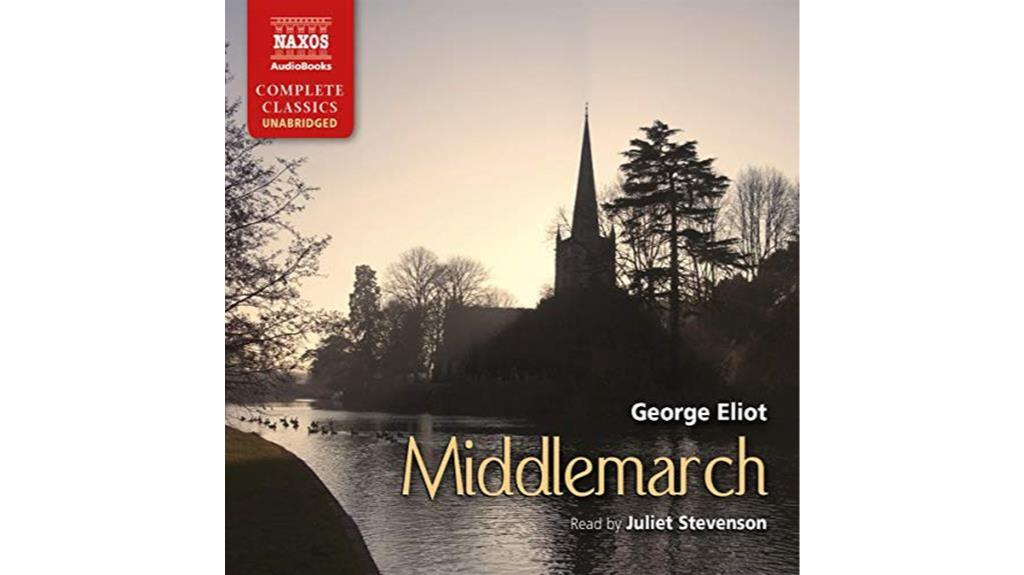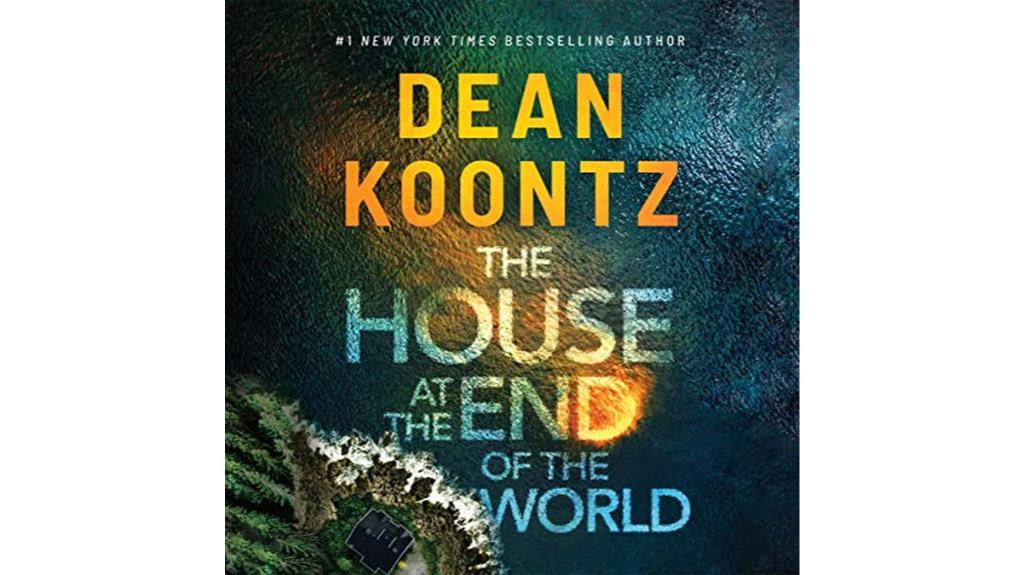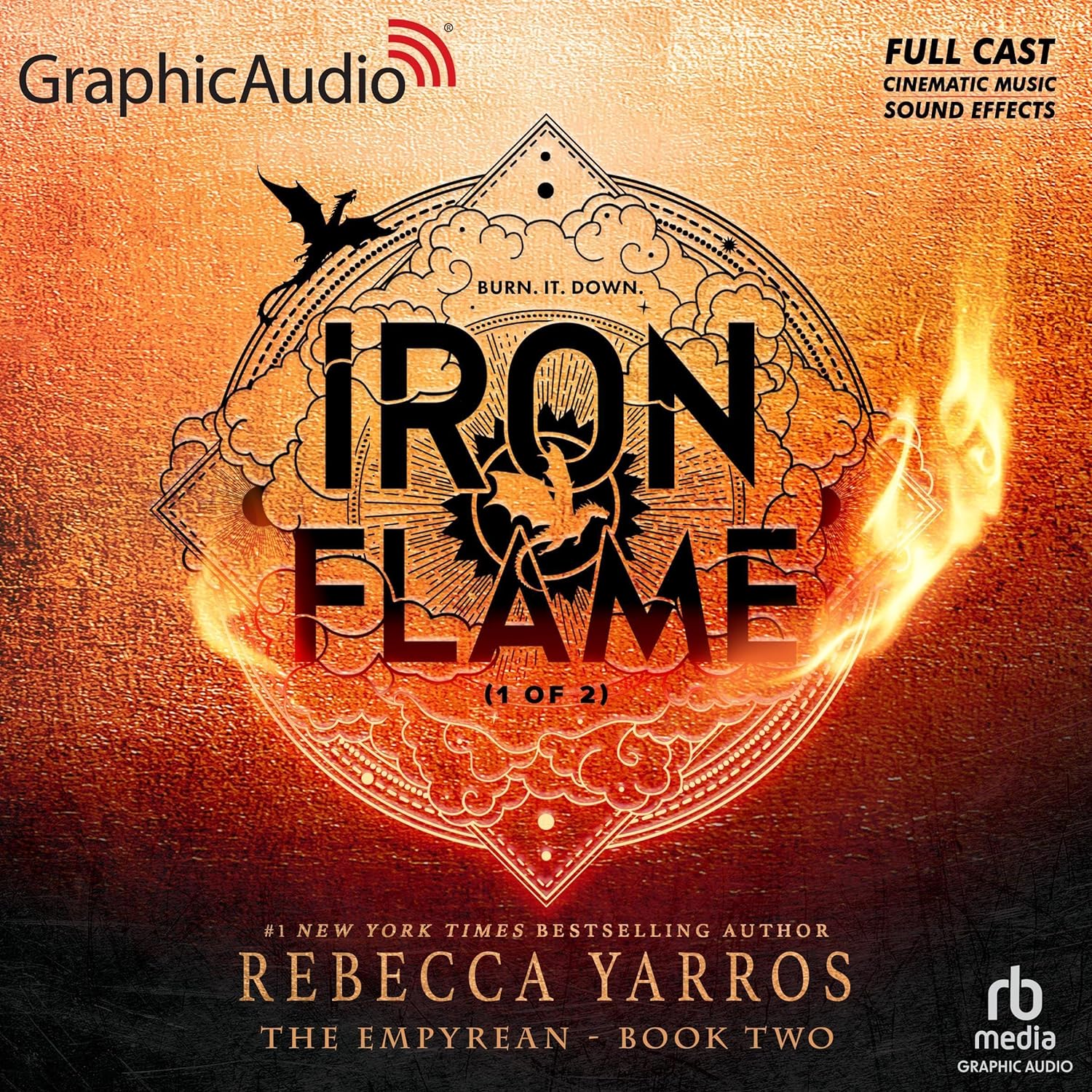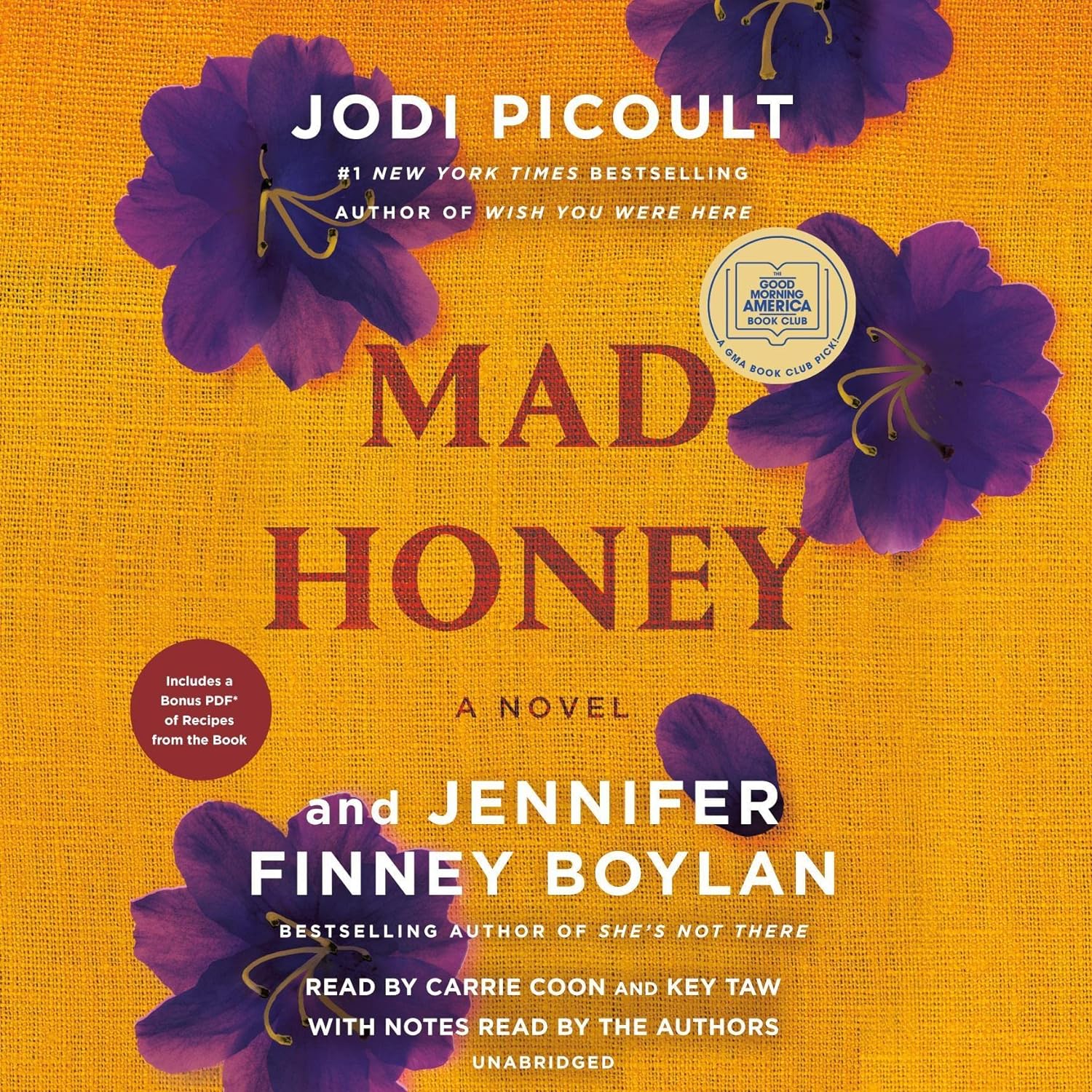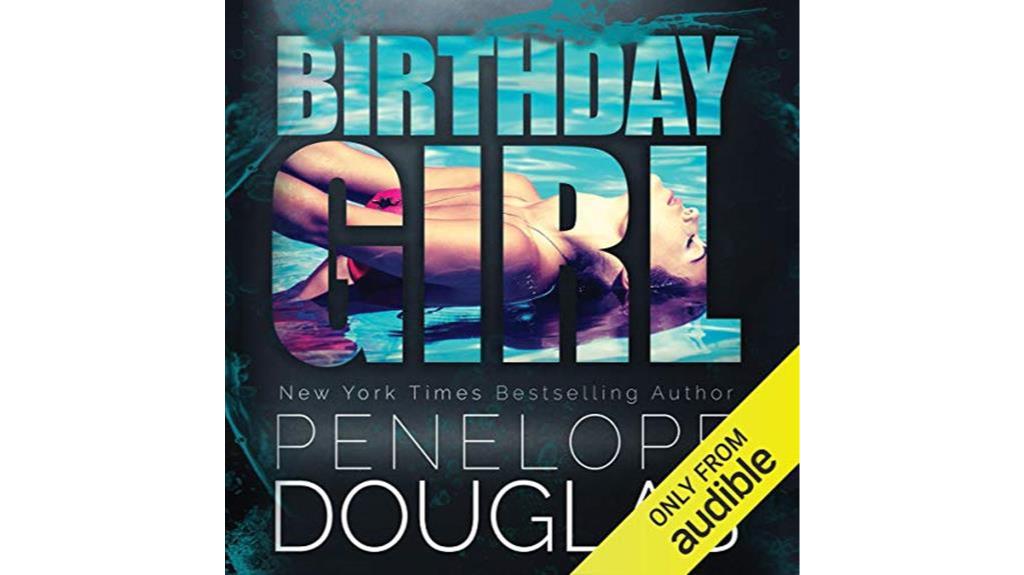Middlemarch Review: Eliot's Literary Masterpiece Unveiled
As I embarked on exploring George Eliot's 'Middlemarch,' I found myself immersed in a world where characters' lives intersect in unexpected ways, shedding light on the intricacies of human behavior and societal norms. Eliot's prose is a tapestry of emotions and ideologies, inviting us to ponder the complexities of relationships and individual desires. With each turn of the page, new revelations emerge, challenging preconceived notions and prompting introspection. In this literary masterpiece, Eliot's astute observations and nuanced characterizations offer a glimpse into a world both familiar and foreign, leaving me eager to uncover more layers within this captivating narrative.
Plot
The plot of 'Middlemarch' intricately weaves together the lives and relationships of diverse characters in rural England during the 1800s. As the narrative unfolds, one can't help but ponder the intricacies of human nature and societal expectations.
How do these characters navigate the rigid structures of their time, revealing layers of ambition, deceit, and love? George Eliot's portrayal invites us to question the very essence of human relationships and the pursuit of individual desires amidst societal pressures.
Through the lens of characters like Dorothea and Casaubon, we witness the complexities of marriage, power dynamics, and personal fulfillment. Eliot's masterful storytelling not only entertains but also challenges us to reflect on our own roles within the intricate tapestry of society.
Narration
Amid the intricate tapestry of 'Middlemarch,' Eliot's narrative voice serves as a guiding lantern through the corridors of human complexity and societal intricacies.
The way Eliot weaves together the inner thoughts and external actions of the characters creates a profound sense of intimacy and understanding. It's as though she peers into the depths of their souls and lays bare their vulnerabilities and desires.
Through her narrative technique, Eliot imparts a sense of timelessness and universality to the story, making it relevant beyond its 19th-century setting. The subtle shifts in tone and perspective reveal layers of meaning and challenge the reader to question their own assumptions about human nature and societal norms.
Eliot's narrative voice isn't just a tool for storytelling; it's a mirror held up to society, reflecting its flaws and virtues with unflinching honesty.
Summary
Navigating through the intricate narrative of 'Middlemarch,' one uncovers a tapestry woven with complexities and human intricacies.
The story follows the lives of characters like Dorothea, trapped in a marriage devoid of fulfillment, and Casaubon, consumed by his ambitions and insecurities.
As the plot unravels, we witness the collision of personal desires with societal expectations, revealing the suffocating norms that confine individuals within a rigid framework.
Eliot masterfully dissects human nature, exposing the flaws and vulnerabilities that lurk beneath polished facades.
Through her characters, she challenges conventional notions of love, ambition, and morality, forcing readers to confront the uncomfortable truths of their own existence.
'Middlemarch' beckons us to question the fabric of society, urging us to reconsider our roles within its intricate weave.
Conclusion
As the final pages of Middlemarch turn, one can't help but ponder the enduring relevance of Eliot's narrative in our own society. Through her insightful exploration of human relationships, power dynamics, and societal expectations, she forces us to confront the complexities of our own lives.
The mirror she holds up to society reflects both its flaws and virtues, challenging us to question the norms and behaviors that shape our world. In the end, Middlemarch remains a timeless masterpiece that continues to provoke thought and introspection.

